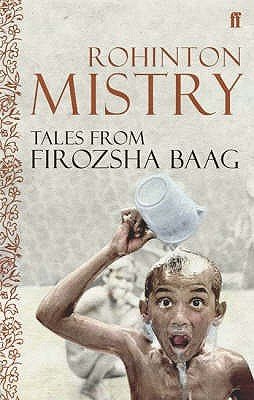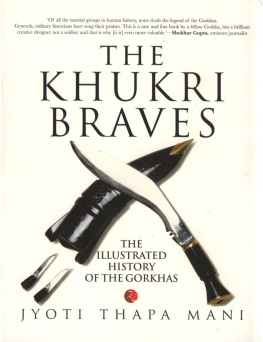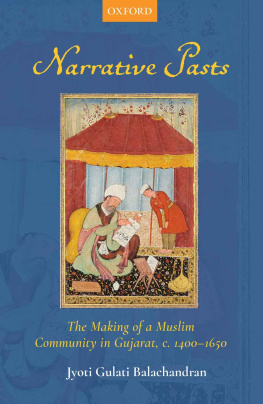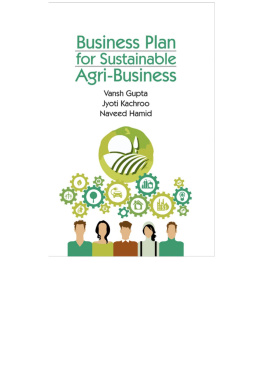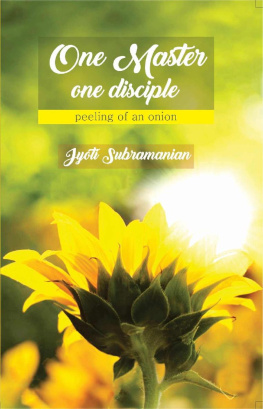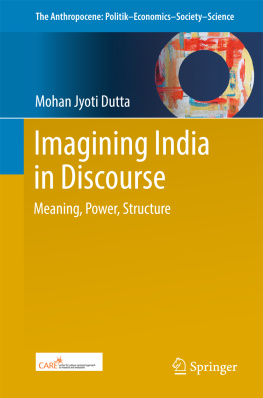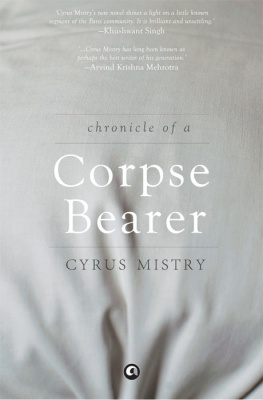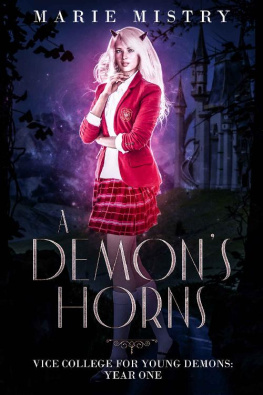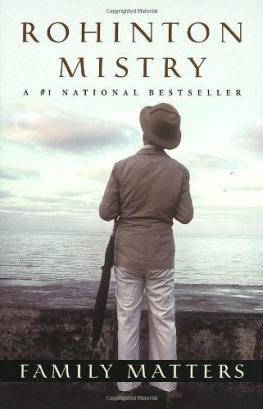Contents
GAZE REGIMES
FILM AND FEMINISMS IN AFRICA
EDITED BY
JYOTI MISTRY AND ANTJE SCHUHMANN
Published in South Africa by:
Wits University Press
1 Jan Smuts Avenue
Johannesburg 2001
www.witspress.co.za
Compilation Jyoti Mistry and Antje Schuhmann 2015
Chapters Individual contributors 2015
Foreword Goethe-Institut sub-Saharan Africa 2015
Published edition Wits University Press 2015
Photographs Individual copyright holders 2015
With support from
First published 2015
978-1-86814-856-1 (print)
978-1-86814-859-2 (PDF)
ISBN 978-1-86814-857-8 (digital)
All rights reserved. No part of this publication may be reproduced, stored in a retrieval system, or transmitted in any form or by any means, electronic, mechanical, photocopying, recording or otherwise, without the written permission of the publisher, except in accordance with the provisions of the Copyright Act, Act 98 of 1978.
Edited by Alison Lowry
Proofread by Inga Norenius
Index by Sanet le Roux
Cover design by Hybrid Creative, South Africa
Book design and layout by Hybrid Creative, South Africa
Printed and bound by Paarl Media, South Africa
ACKNOWLEDGEMENTS
The inception of this book is attributed to the vision of Katharina von Ruckteschell and its fruition was managed by Henrike Grohs with additional support from Lilli Kobler and Norbert Spitz of the Goethe Institut, Johannesburg.
Our sincerest thanks to the dynamic and inspiring women who participated in the 2010 ARTSWork meeting: Peace Anyiam-Osigwe, Christina von Braun, Seipati Bulani-Hopa, Tsitsi Dangarembga, Taghreed Elsanhouri, Beti Ellerson, Rebeccah Freeth, Maria Joo Ganga, June Givanni, Katarina Hedrn, Ines Kappert, Marie Ka, Musola Catherine Kaseketi, Rumbi Katedza, Elke Kaschl-Mohni, Anita Khanna, Mary-Beatrix Mugishagwe, Jane Murago-Munene, Fanta Rgina Nacro, Villant Ndasowa, Maren Niemeyer, Isabel Noronha, Monique Phoba, Eve Rantseli, Yewbdar Anbessie Setegn, Arice Siapi, Jihan El-Tahri, Dorothee Wenner and Debra Zimmermann.
Our appreciation to colleagues at the University of the Witwatersrand, Johannesburg: Georges Pfruender, Jeanne Do O Faustino, Jurgen Meekel, Bhekizizwe Peterson, David Andrew, Nobunye Levin, Tawana Kupe and Ruksana Osman as well as the Humanities Faculty Research Committee.
Special thanks to: Derilene Marco, Patrick Ebewo, Lindiwe Dovey, Robyn Grimsley and Alison Lowry, Florian Schattauer and Blackboard Trust, Uhuru Productions, STEVENSON and the Mail and Guardian photo-archive.
To the peer-reviewers, for their valuable observations and suggestions, and to the committed team at Wits University Press, with special appreciation to Roshan Cader.
FOREWORD
KATHARINA VON RUCKTESCHELL, GOETHE-INSTITUT SUB-SAHARAN AFRICA
In the spring of 2010 the Goethe-Institut in Johannesburg initiated the forum ARTSWork Platform: Meeting of African Women Filmmakers with the primary objective to build a platform for women pursuing careers in art. The inaugural focus was on women filmmakers.
Established filmmakers from 14 different countries across Africa came together to discuss the state of the industry from the perspective of women professionals, to promote female talent and to support each other in their efforts to ensure gender equality.
The processes and outcomes of the three-day meeting were astonishing. The main questions raised were of a concrete, professional nature. Challenges in terms of discrimination, access to funding and difficulties to operate confidently as professionals and employers in a male dominated field, were also addressed.
A fruitful discussion also centered on the content side of filmmaking. The production of images of Africa that challenge (neo-) colonial, patriarchal narratives, on the one hand, and patriarchal traditionalism on the other, is vital to women in Africa, who continue to assert spaces for self-expression and self-determinism.
Though a gathering of both men and women professionals might not have proceeded much differently, the impression is that this platform provided a space fruitful for the uninhibited exchange of such concerns.
Above all, though, the meeting emphasised the need for collaboration between women through co-productions or informal networks that would result from these spaces and similar contexts.
This publication is another valuable outcome of the meeting, which serves as a timely document of concerns and thoughts by women film practitioners at a certain moment in time and hopefully as a catalyst for future discussions.
INTRODUCTION: BY WAY OF CONTEXT AND CONTENT
JYOTI MISTRY AND ANTJE SCHUHMANN
The initial impetus for this book was to collect, archive and document the very disparate stories that emerged from a unique gathering of women all working in and with film, who came to Johannesburg, South Africa, in September 2010 from different parts of the African continent and from Germany, and met at the Goethe-Institut. The occasion was the ARTSWork Platform: Meeting of African Women Filmmakers. At first sight, the context for a dialogue between a German cultural institution, invited participants from Germany and film practitioners from all over Africa was an obvious axis through which the meeting should be mediated. However, it turned out very differently. We soon realised that this was only a starting point. The direction and breadth of the views and opinions expressed, and the workshop topics and the discussions that arose out of these sessions, saw a far more complex web emerging than anyone had anticipated of co-dependencies and inter-relationships on the African continent, where national similarities were shared and divides interrogated, all against the rich landscape of film, festivals, feminism and funding politics.
ARTSWork (2010) was the spark for a series of engagements that would take place over the following two years, on occasion facilitated through other Goethe-Institut events in Johannesburg, such as the ber (w)unden (Art in Troubled Times) conference (September 2011), but also at other events that were ripe with opportunities for film practitioners to meet in a single place, such as the Durban International Film Festival (DIFF) in 2010.
There were multiple forms of simultaneous conversation taking place among women and also some men at different times, in formal and informal spaces, on planned and unplanned occasions, where various people met, exchanged, disagreed, shared and collaborated. Some exchanges were once-off conversations, some had to be revisited and some are still ongoing. The common thread was that all of the participants were active in one or several aspects of filmmaking.
It is almost a clich to say that women need to tell their own stories, that womens voices need to be heard, that Africa has numerous stories and experiences that have to be shown. Yet the clich holds a kernel of truth. We would add: these stories and experiences not only need to be shown, but to be shown by women, on their own terms.
Filmmakers often describe themselves as storytellers, though the modes of storytelling may come in different forms and present unique experiences. And theorists often position themselves as interpreters on the outside of these stories. If filmmaking is about storytelling, this book is also about storytelling, and its stories are ongoing. But it is also about the conditions of storytelling and it is these conditions that partly shaped the process of how we decided to put these voices together and how we chose the framework within which to share them.



